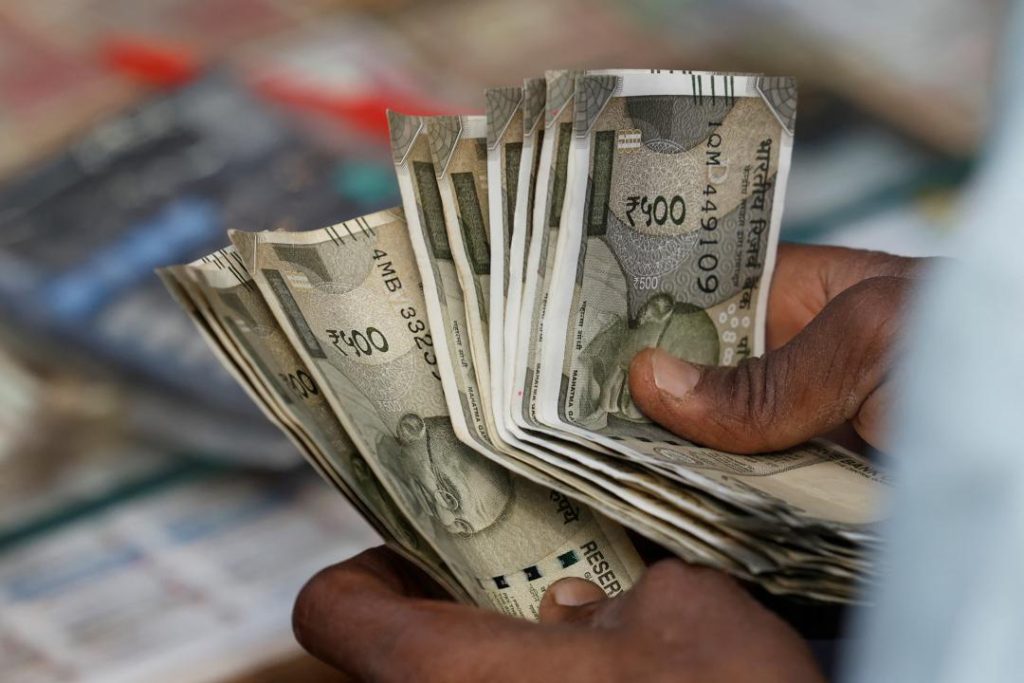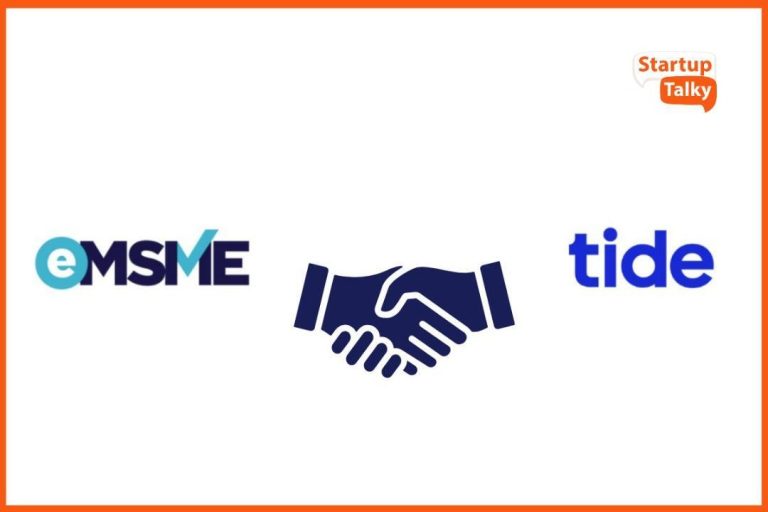
What Got Cheaper & Costlier in March as CPI Falls to 67-Month-Low of 3.34%?
India’s retail inflation, as measured by the Consumer Price Index (CPI), has fallen to a 67-month-low of 3.34% in March. This significant drop in inflation is a welcome respite for consumers, who have been grappling with rising prices for quite some time now. According to the latest data released by the government, prices of several essential commodities have decreased, while a few others have seen marginal increases.
In this blog post, we will delve into the details of what got cheaper and costlier in March, and what this drop in inflation means for the Indian economy.
What Got Cheaper?
Prices of eggs, vegetables, and pulses saw considerable declines in March, which is good news for consumers who rely heavily on these staples. Eggs, for instance, became cheaper by 9.3% year-on-year (y-o-y), while vegetables and pulses saw decreases of 7.3% and 6.6% respectively.
Spices, meat, fish, and housing costs also saw marginal decreases, with prices falling by 0.4%, 0.3%, 0.2%, and 0.1% respectively. Recreation and amusement costs, such as movie tickets and travel expenses, also saw a slight drop, with prices decreasing by 0.3%.
What Got Costlier?
While prices of many essential commodities decreased, a few categories saw marginal increases. Fruit prices, for instance, saw a significant jump of 12.1% y-o-y, which may be attributed to factors such as supply chain disruptions and weather conditions.
Prices of cereals, milk, oil, sugar, confectionery, clothing, snacks, sweets, pan, tobacco, footwear, fuel, and health and education costs also saw marginal rises, with increases ranging from 0.1% to 1.4% y-o-y.
What Does This Drop in Inflation Mean for the Indian Economy?
The drop in inflation to a 67-month-low of 3.34% is a significant development for the Indian economy. This reduction in inflation is likely to have a positive impact on several sectors of the economy, including:
- Consumption: With prices of essential commodities decreasing, consumers are likely to increase their spending, which can boost economic growth.
- Investment: The drop in inflation can also lead to increased investment, as businesses become more confident about the future.
- Monetary Policy: The Reserve Bank of India (RBI) may consider reducing interest rates further to stimulate economic growth, which can lead to increased borrowing and spending.
Conclusion
The drop in retail inflation to a 67-month-low of 3.34% is a welcome development for the Indian economy. With prices of essential commodities decreasing, consumers are likely to increase their spending, which can boost economic growth. While some categories saw marginal increases, the overall trend is positive, and the government may consider reducing interest rates further to stimulate economic growth.
References:






